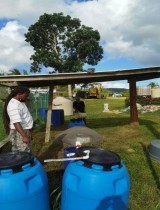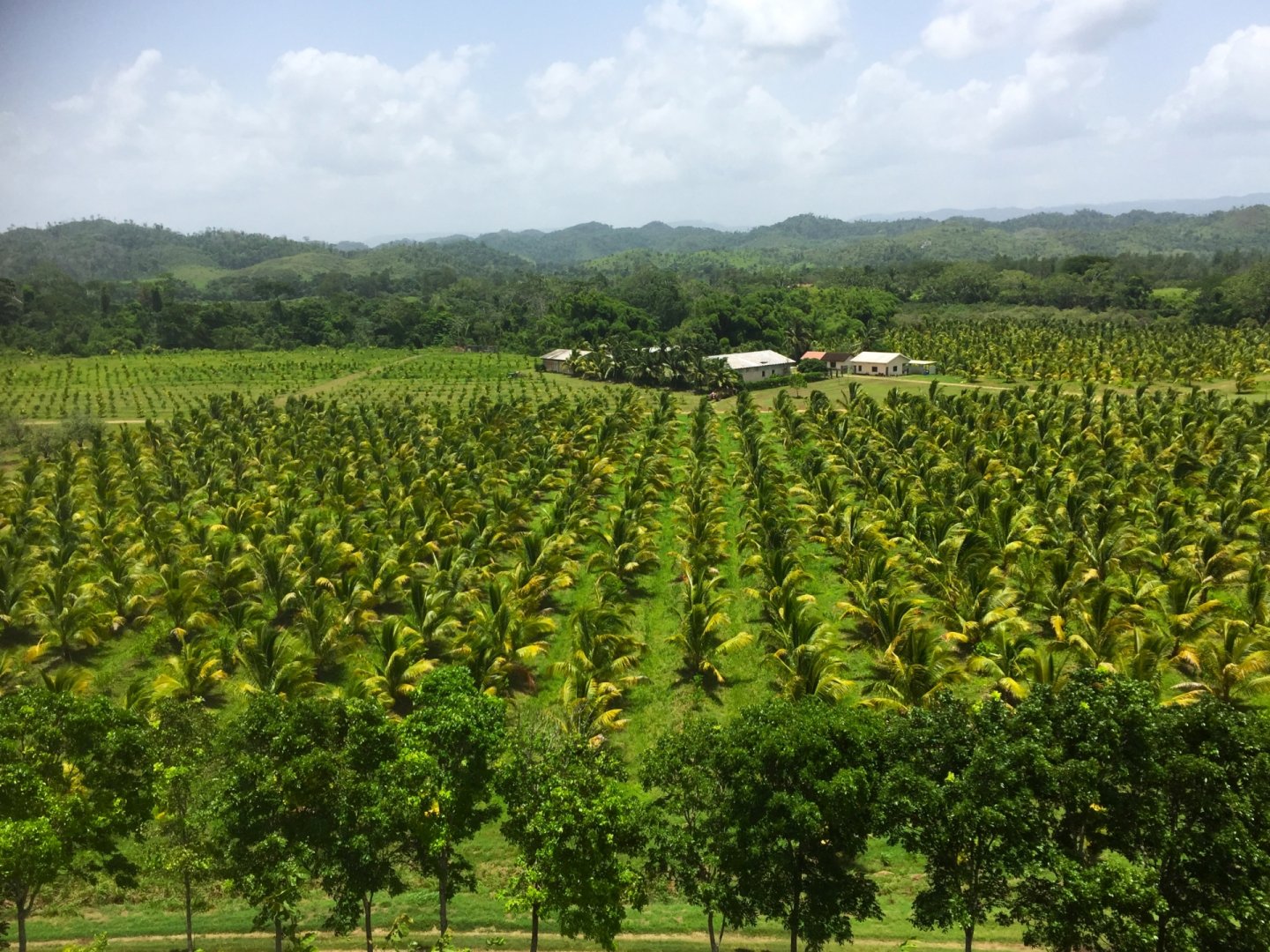

Regenerative Agriculture in Belize
Principles of "Regenerative" Agriculture
"Regenerative" agriculture describes all the agronomic and zootechnical levers used to reverse the negative impacts of agricultural practices on the climate and biodiversity. By improving the ecological functions of the soil and restoring biodiversity, it helps support agroecological transitions at different scales: from the plot to the territories.
- To reduce the use of chemical fertilizers: Regenerate the soil and increase its fertility
- To reduce the use of pesticides: Improve the quality, health and resilience of ecosystems by restoring biodiversity and adopting a "system" approach (considering agriculture and its environment as an interrelation)
- To improve the resilience of farms: Improve soil storage functions (storage of carbon, nutrients, water, etc.).
- To improve the income of the producers: Develop the farm according to the regional context, the accessible markets, the ecosystem, the climate and focus on the self-production of inputs
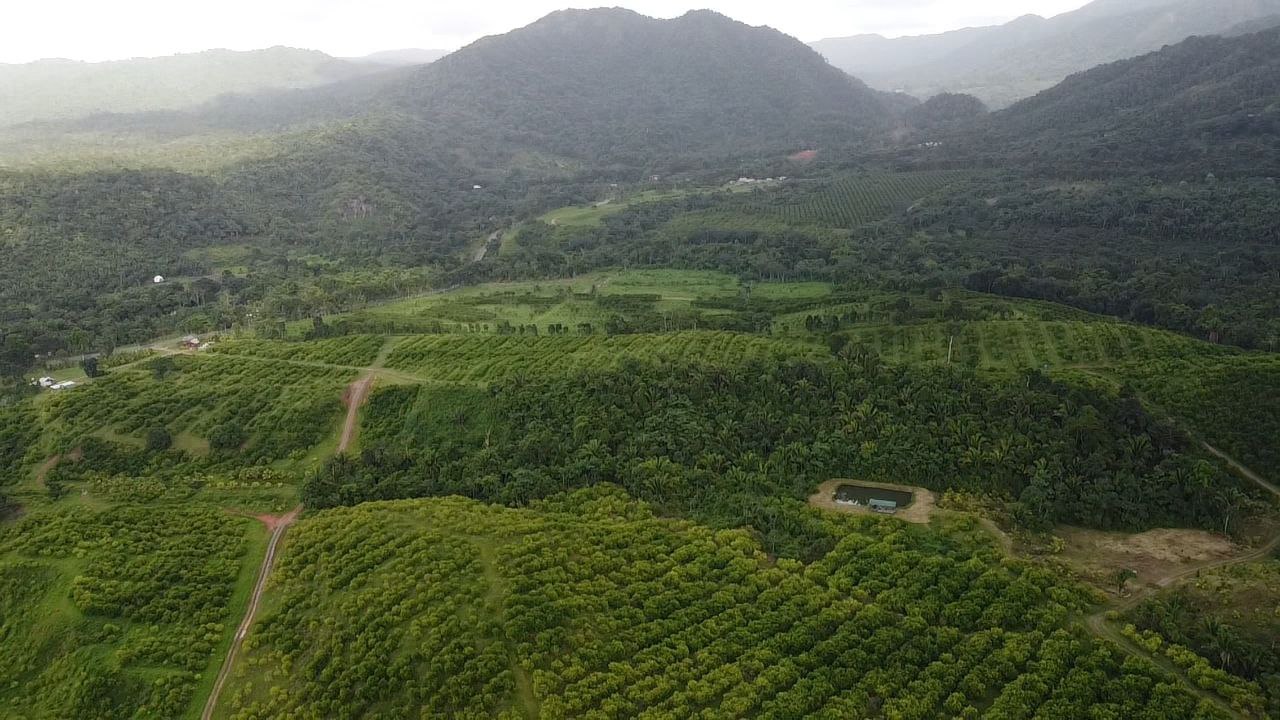
One of the TexBel Farms plantations on the edge of the forest
How Nitidæ integrates this specific approach of "regenerative" Agriculture?
As part of its actions, Nitidæ is committed to the sustainable transition of agricultural, forestry and energy production methods. In the agricultural field, several levers are possible to support producers, companies or territories. These levers are all based on agroecology, understood as a way of designing production methods based as much as possible on the functionalities of an ecosystem. Agroecology can help optimize production systems in Organic Agriculture (therefore without the use of chemical fertilizers and synthetic phytosanitary products) but also support the transition from conventional systems to less use of synthetic products.
In this context, Regenerative Agriculture is particularly relevant in maximizing the capacity of plants to produce biomass, maximizing the ecosystemic regulations of pests and restoring the productive functions of the soil. These different methods are accessible to small producers but also to companies, which we support in their transitions.
For example, we support TexBel, a pioneering company in the development of Organic Agriculture in Belize, for the transition of its plantations from conventional agriculture to Organic Agriculture, according to the principles of Regenerative Agriculture (see link of the project below).
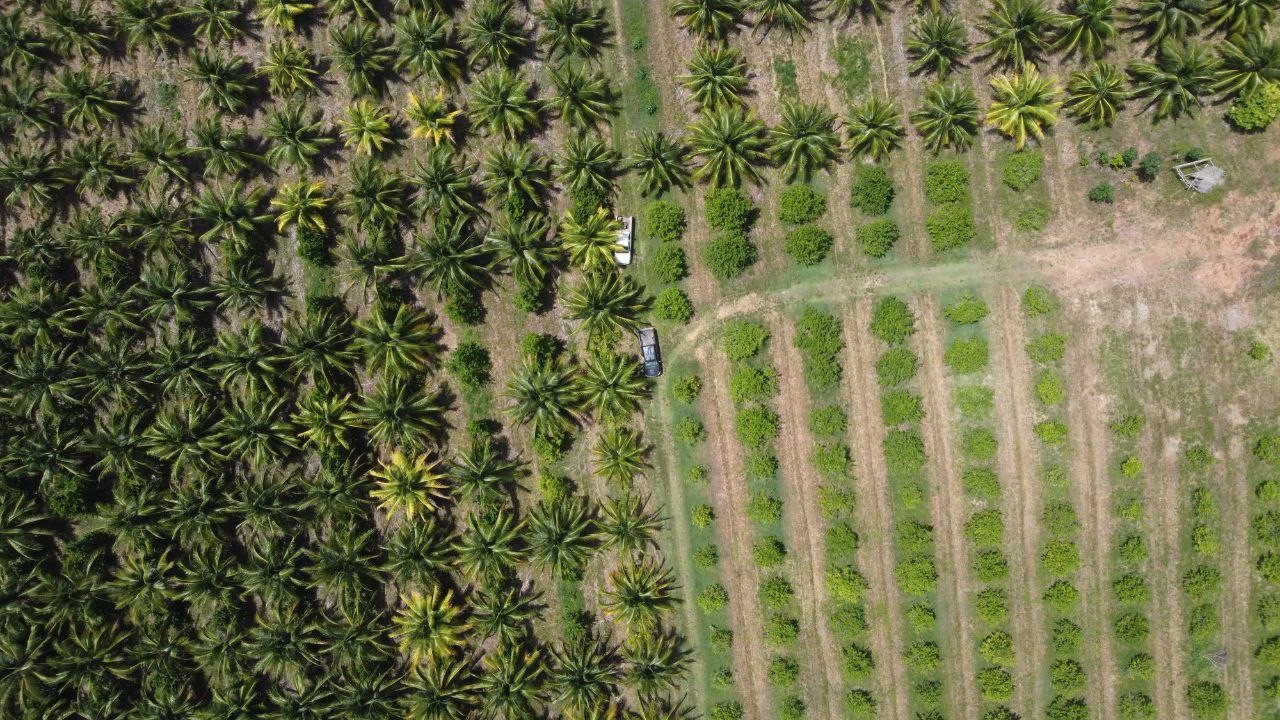
Coconut and Lemon Lime in the Farm
High quality juices, in organic transition, for the American market
TexBel is an American HPP (High Pressure Pasteurization) fruit juice and coconut water manufacturing company in Belize, which requested the support of Nitidæ for the implementation of regenerative agriculture practices in its plantations. In collaboration with regenerative agriculture expert Esteban Pereira, an ambitious fertility plan has been designed to allow TexBel to consider sustainable production with good long-term yields, while meeting United States' organic certification standard (NOP). This holistic action plan has been adapted to meet both the long-term needs of soil fertility (implementation of large-scale composting) and the short-term nutritional needs of plants (production of biostimulant-type liquid inputs ), while transforming the plantations into a efficient agro-ecosystem (vegetation cover management plan with surface composting via tea of compost, addition of hedges, integration of animals into the system).
In particular, this project will make it possible to demonstrate the effectiveness of innovative practices in the context of large commercial plantations, and thus motivate other stakeholders in Belize to embark on regenerative agriculture.
Related projects
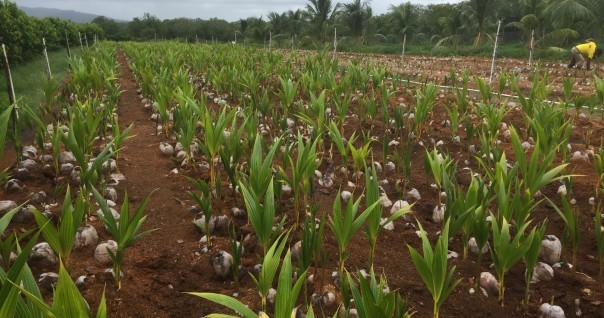
BELBIO - Conversion to Regenerative and Organic Agriculture of 800 ha of agroforestry fruit production and juice processing in Belize
See moreRelated documents

Report on the review of practices for a first conversion plan of TexBel in Regenerative and Organic Agriculture

Report to refine the conversion plan, carry out training and launch pilot actions for the conversion of TexBel to Regenerative and Organic…
